TLDR
Sewer lines last between 40 and 100 years depending on the pipe material, soil conditions, installation quality, and maintenance. Clay and cast iron pipes last decades, while PVC can last over a century. Regular inspections and timely repairs extend lifespan and prevent major failures.
What Determines Sewer Line Lifespan?
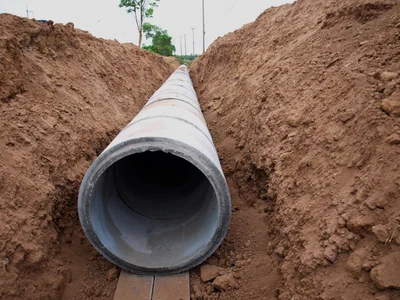
The lifespan of a sewer line depends on several factors:
- Pipe material such as clay, cast iron, PVC, or Orangeburg.
- Quality of installation and pipe depth.
- Soil conditions and tree root intrusion.
- Frequency of maintenance and inspections.
- Household usage patterns like water pressure and waste volume.
- Proper sewer line installation slope, which ensures steady wastewater flow and prevents standing water that can weaken pipes over time.
Corrosion, blockages, and pipe deterioration all shorten the life of a system. Private sewer lines usually require closer monitoring compared to municipal systems.
Lifespan of Sewer Line Materials
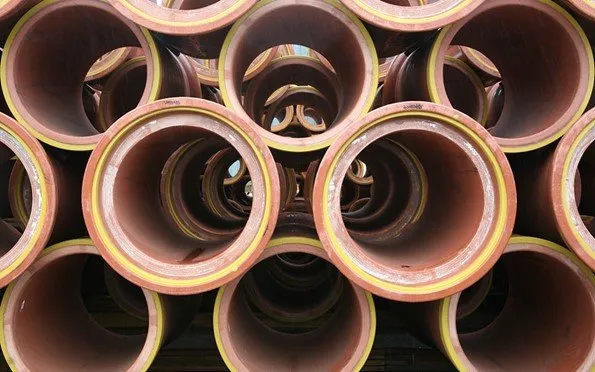
Different materials have different life expectancies.
- Clay pipes: 50 to 60 years.
- Cast iron pipes: 75 to 100 years.
- Orangeburg pipes: 30 to 50 years.
- PVC and ABS pipes: 80 to 100+ years.
PVC and ABS are the most durable and resistant to corrosion. Cast iron offers strength but is vulnerable to rust. Clay pipes resist chemical corrosion but are brittle. Orangeburg, used in older homes, is one of the weakest.
Signs Your Sewer Line Is Nearing the End of Its Life
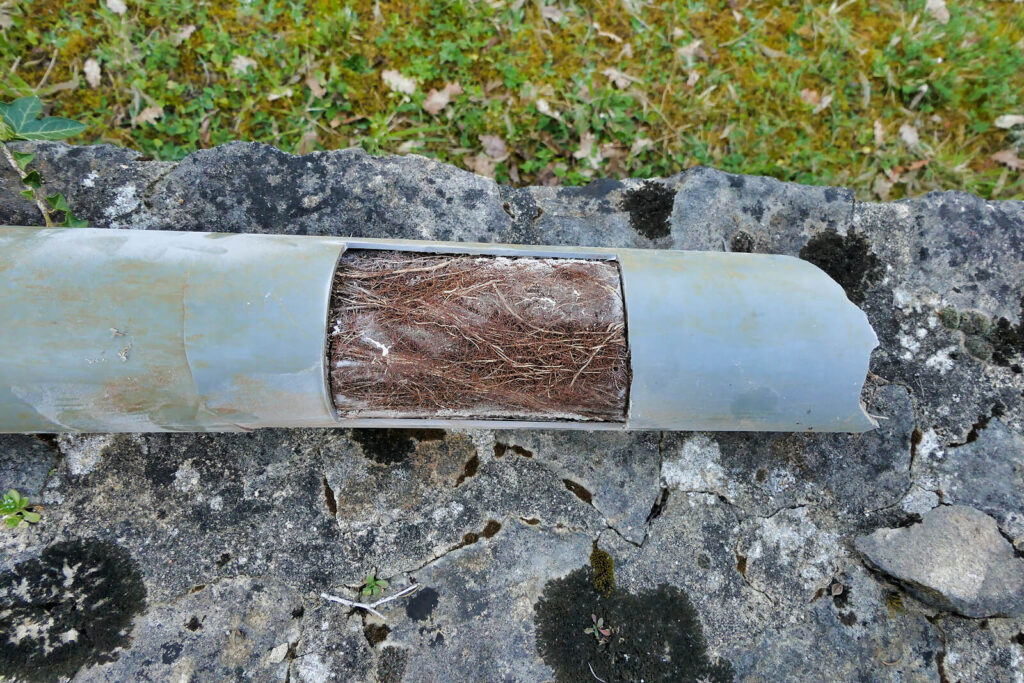
Common signs include:
- Frequent clogs and slow drains.
- Sewer odor inside or outside the home.
- Lush green patches in the lawn above the line.
- Wet spots or cracks in the foundation.
- Sewer backups into sinks, tubs, or toilets.
If these issues repeat often, the line is likely deteriorating.
Sewer Line Inspection and Maintenance Tips
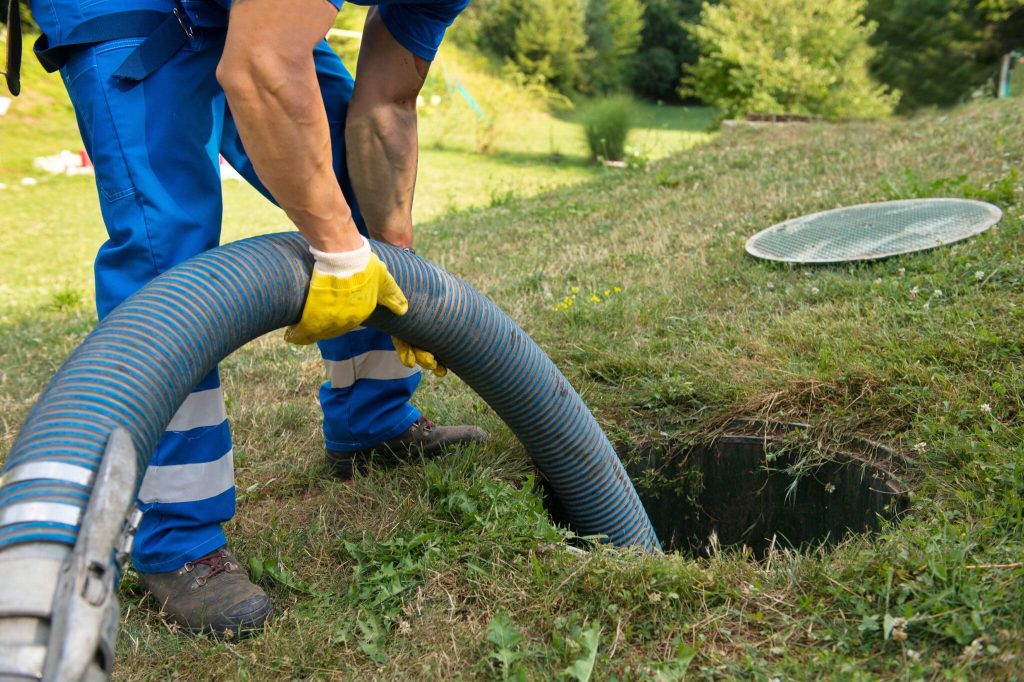
Regular care keeps sewer lines healthy longer.
- Schedule camera inspections every few years.
- Use hydro jetting or rooter services to clear buildup.
- Avoid flushing grease, wipes, or large food waste.
- Schedule professional maintenance annually.
Most competitors overlook preventative measures. At Sewer Solutions, we stress inspections because they save thousands by preventing full replacements.
Repair vs Replacement: Which Option is Right?
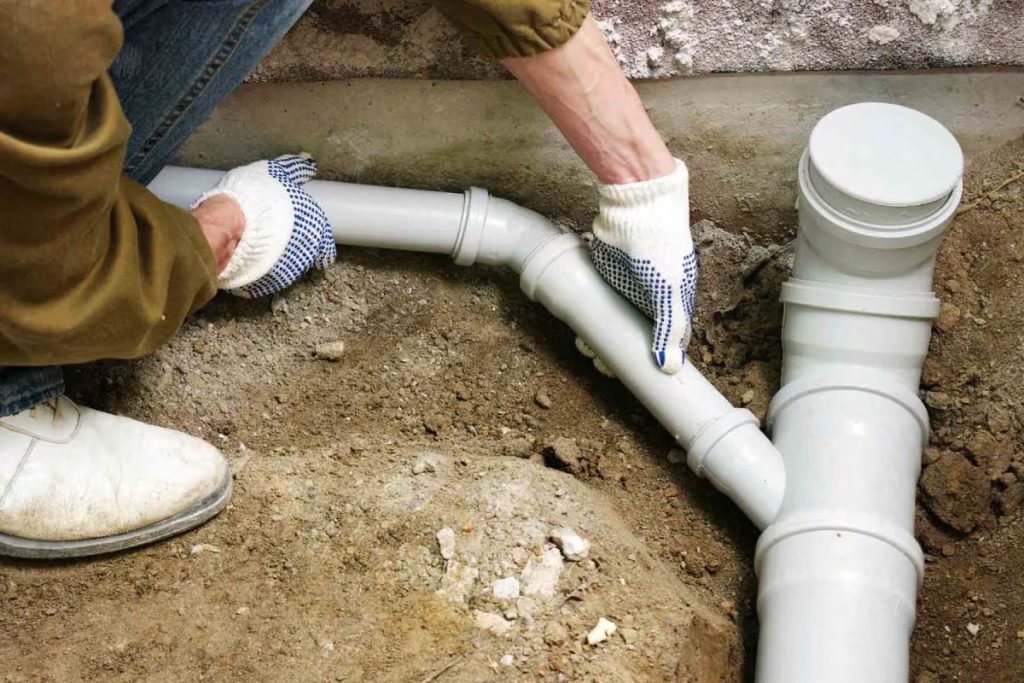
Not every damaged line needs full replacement.
- Spot repairs work if only a section is damaged.
- Full replacement is best when the pipe has widespread deterioration.
- Trenchless replacement methods like pipe bursting and lining reduce digging and disruption.
Costs vary depending on material, length of line, and access. Repairing a section is cheaper but may not last if the rest of the line is old.
How Long Does Sewer Line Replacement Take?
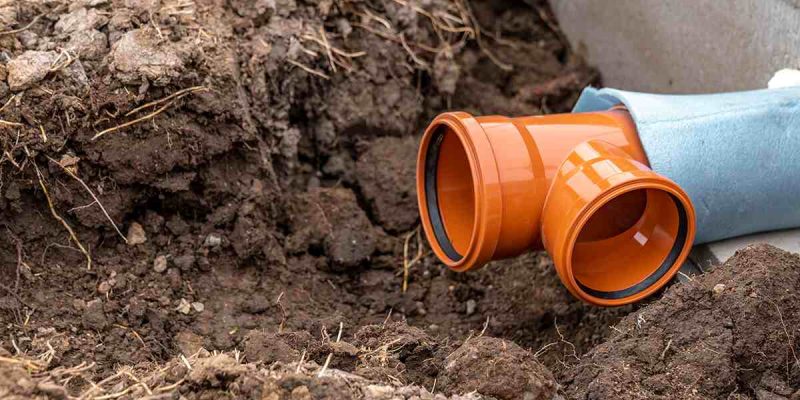
Time depends on the method.
- Trenchless replacement: 1 to 3 days.
- Traditional excavation: 3 to 5+ days.
Delays come from permits, weather, or property layout. A straightforward trenchless project is fast and less disruptive to your yard.
Cost Factors in Sewer Line Lifespan and Replacement
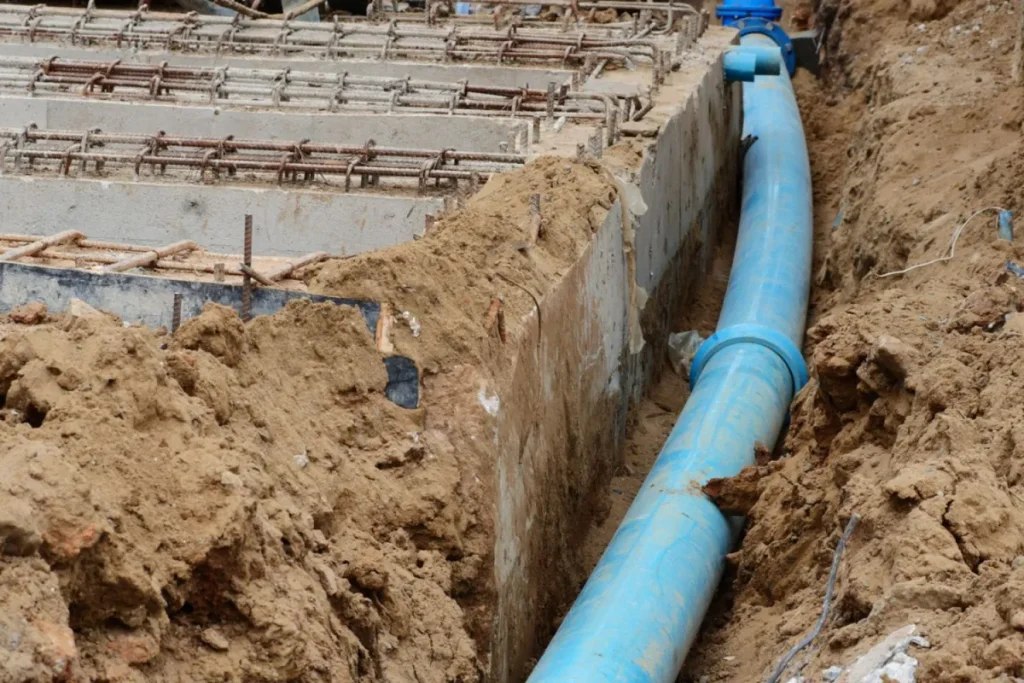
Costs vary widely by region. In Louisiana, sewer line replacement costs often range between $3,000 and $10,000 depending on length, depth, and method.
Key factors include:
- Labor costs and permit fees.
- Material selection.
- Soil conditions and property access.
- Choice between excavation or trenchless methods.
Repairs cost less upfront but are not always a long-term solution.
Extending the Life of Your Sewer Line
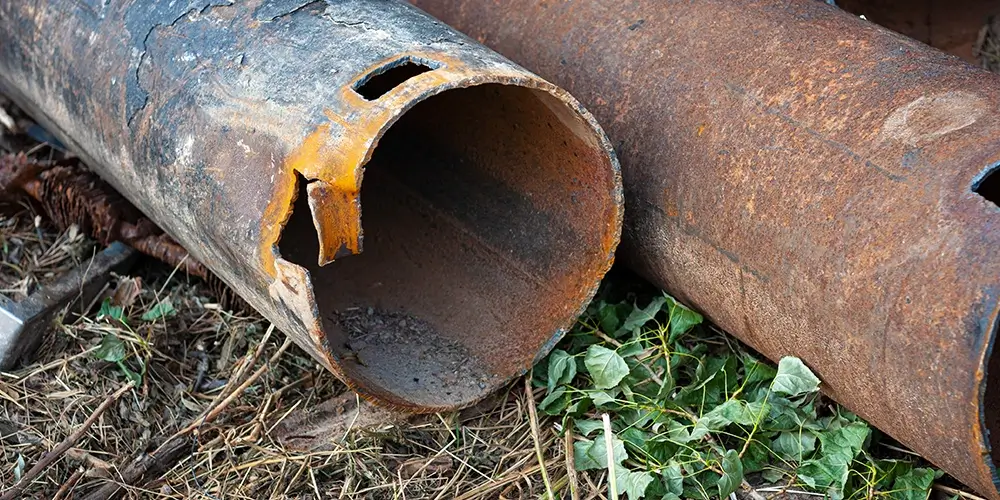
Practical steps extend sewer line lifespan:
- Install root barriers to prevent intrusion.
- Grade soil to improve drainage and reduce water exposure.
- Use water softeners if your water supply accelerates corrosion.
- Schedule annual plumbing check-ups with Sewer Solutions.
These measures reduce stress on your system and delay costly replacements. And when replacement becomes unavoidable, it’s important to find the best sewer team in Shreveport to ensure the job is done correctly the first time.
FAQs About Sewer Line Lifespan
How long does a main sewer line last?
Usually 50 to 100 years depending on material and care.
Do PVC sewer lines need replacement?
Yes, but usually after 80 to 100+ years.
What is the lifespan of cast iron sewer pipes?
Between 75 and 100 years.
How do I know if my sewer line needs replacement?
Recurring clogs, odors, wet spots, or foundation cracks are signs. A professional camera inspection confirms the condition.
Final Thoughts on Sewer Line Longevity
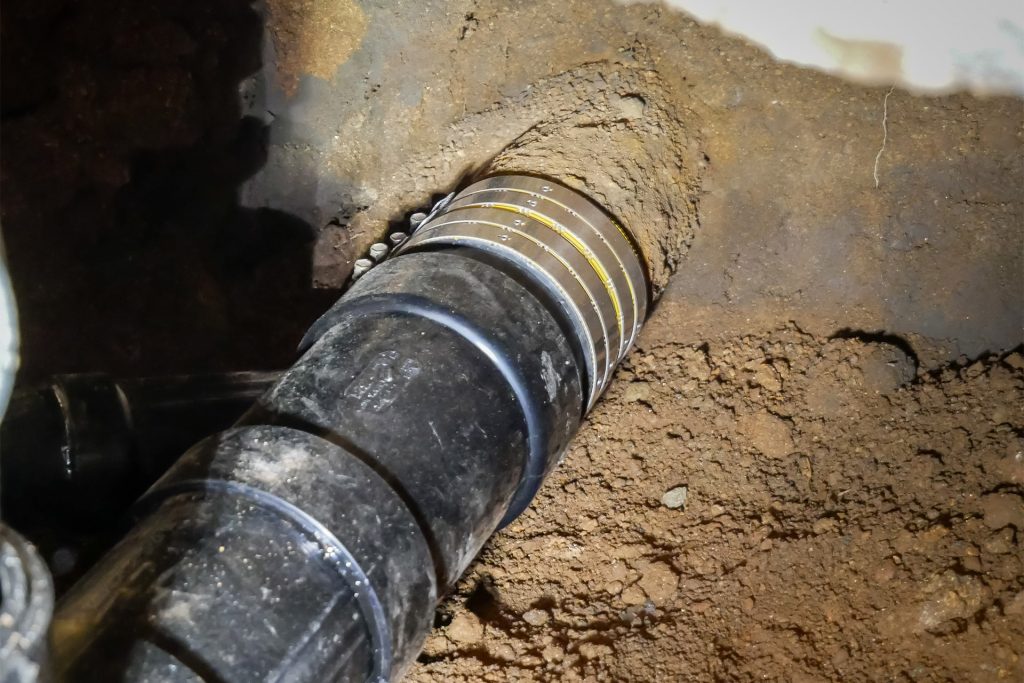
Sewer lines last decades but not forever. Clay, cast iron, and PVC each age differently. The key is early detection, regular inspection, and professional help before emergencies strike.
At Sewer Solutions, we specialize in sewer line inspection, repair, and replacement. If you suspect your line is aging, schedule a professional inspection today to protect your property and avoid costly damage.